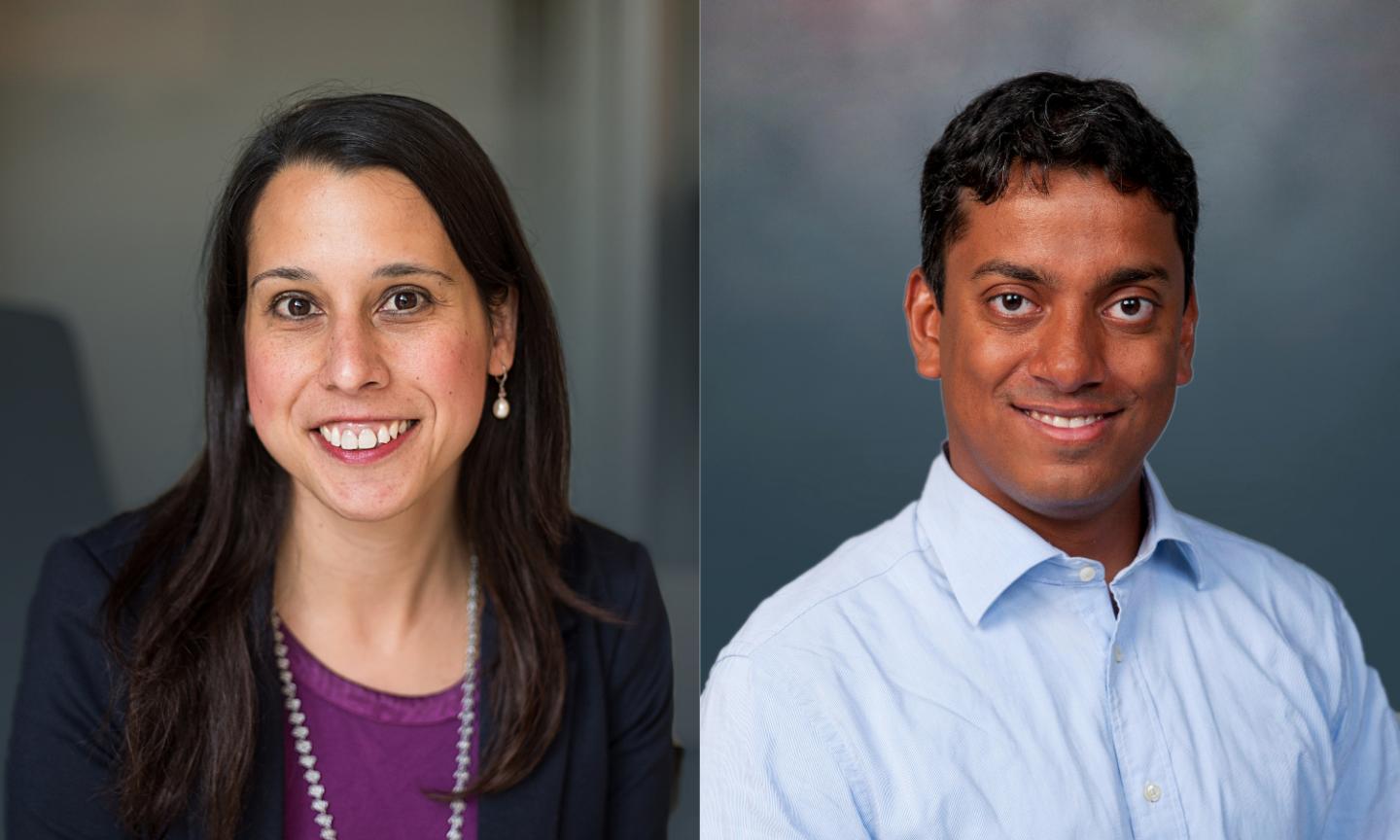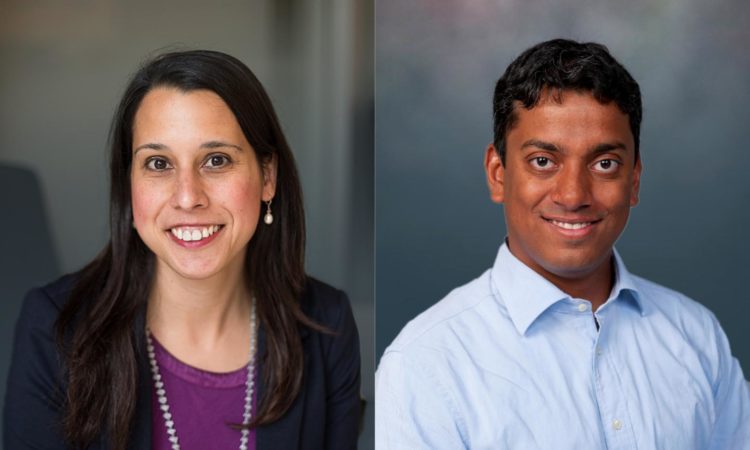
Credit: University of Texas at Austin
The promise of artificial intelligence to solve problems in drug design, discover how babies learn language, and make progress in many other areas has been stymied by the inability of humans to understand what’s going on inside AI systems. Researchers at six universities, including The University of Texas at Austin, are launching a partnership aimed at turning these AI “black boxes” into human-interpretable computer code, allowing them to solve hitherto unsolvable problems.
The new partnership, called Understanding the World Through Code, is made possible by a major new grant from the National Science Foundation, through its Expeditions in Computing program. This initiative is focused on “ambitious fundamental research agendas that promise to define the future of computing and information.” These grants, given to just three teams every two years, are the largest given by the NSF’s Directorate for Computer and Information Science and Engineering.
“In science, at the end of the day, you want to develop an understanding of the world,” said Swarat Chaudhuri, associate professor of computer science at UT Austin and one of 12 principal investigators on the team. “That’s why the goal is not just to come up with a black box that gives you cool predictions in narrow applications, but to open it up and discover principles that can be applied to other problems. Our main insight is that these principles can be written down as programs of the sort that human coders write, and that we can design algorithms that automatically generate these programs from troves of scientific data.”
Isil Dillig, associate professor of computer science, is the team’s other principal investigator from UT Austin.
The leading institution for the collaboration is the Massachusetts Institute of Technology. The other institutions involved are the California Institute of Technology, Rice University, Stanford University and the University of Pennsylvania.
On this project, the researchers plan to develop programming languages that can represent insights derived from highly complex scientific data sets. Their algorithms for automatically generating these insights will use a combination of program synthesis, which is a body of techniques for automating computer programming, and deep learning, the most popular contemporary approach to AI.
The researchers will work on applications in four domains:
- organic chemistry (for example, designing drug molecules that have desired properties);
- cognitive science (for example, understanding how children learn language or counting);
- cell biology (for example, understanding how organisms turn genetic code into specific proteins); and
- engineering of complex networked systems (for example, developing strategies for data centers to handle spikes in usage).
Some of the research will be conducted using the computing resources of UT Austin’s Texas Advanced Computing Center.
The NSF grant totals $10 million over 5 years, about $1.65 million of which will come to UT Austin.
###
Media Contact
Marc Airhart
[email protected]
512-232-1066
Original Source
https:/





